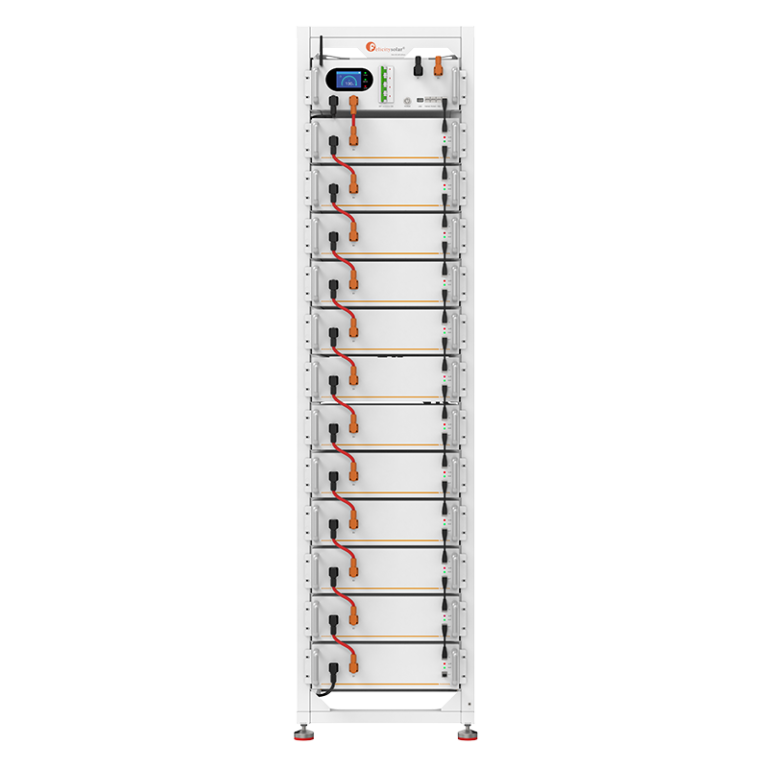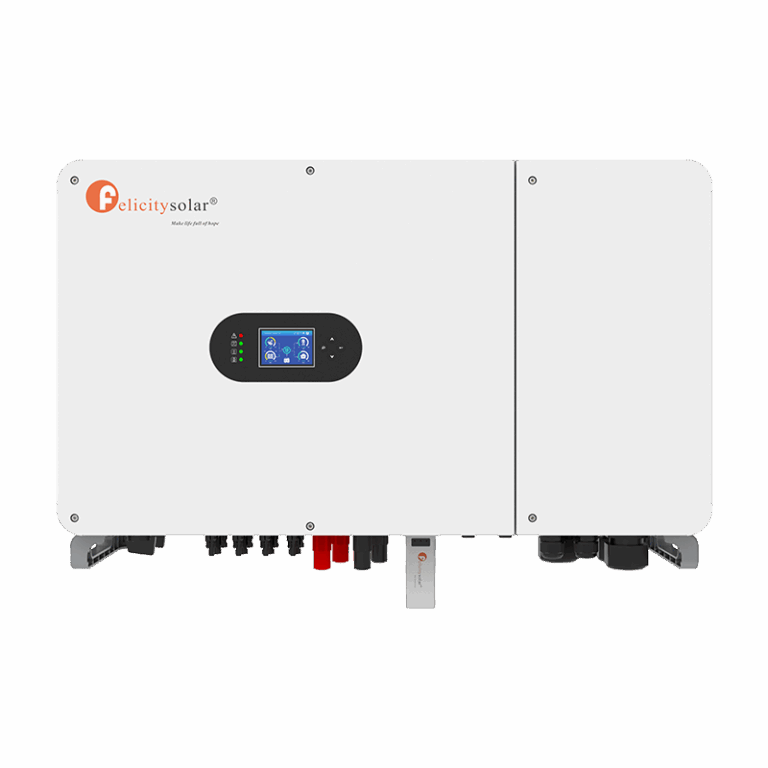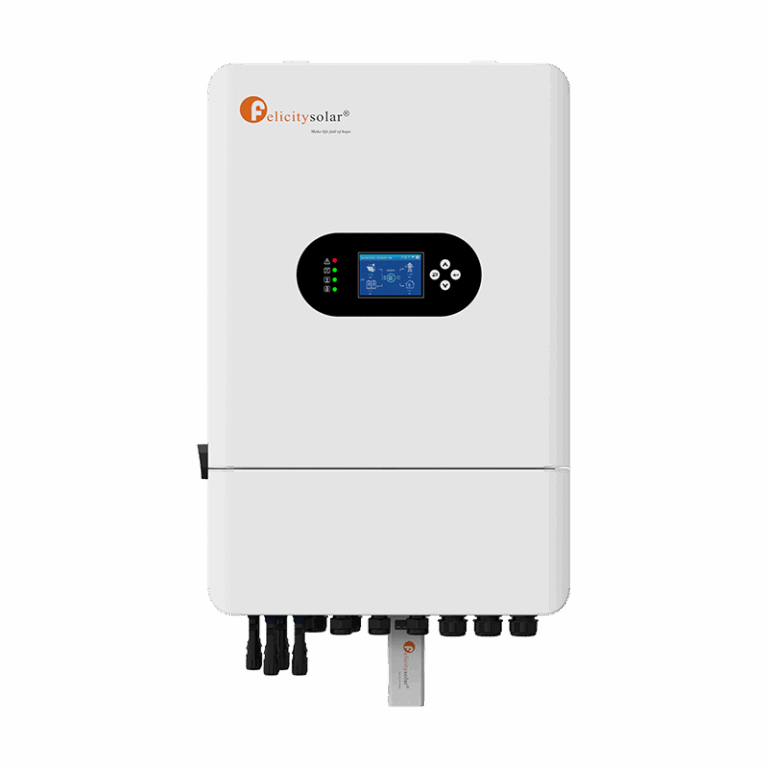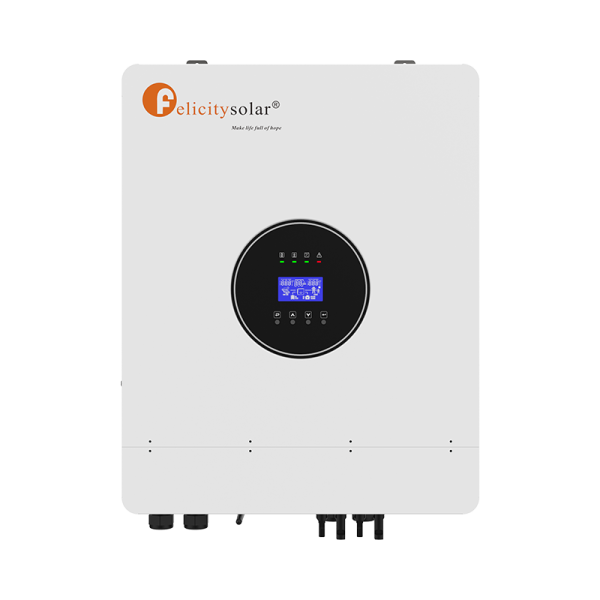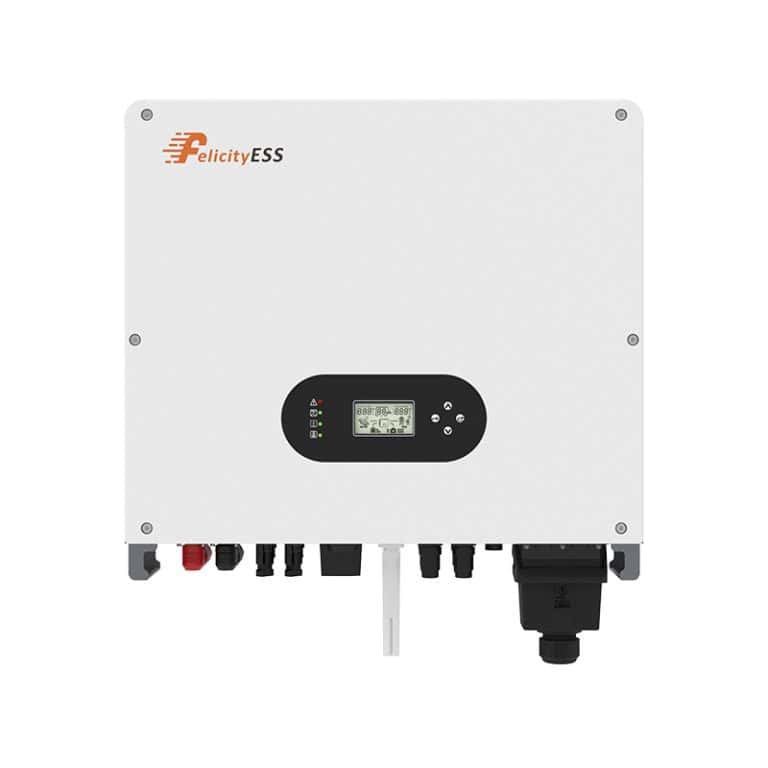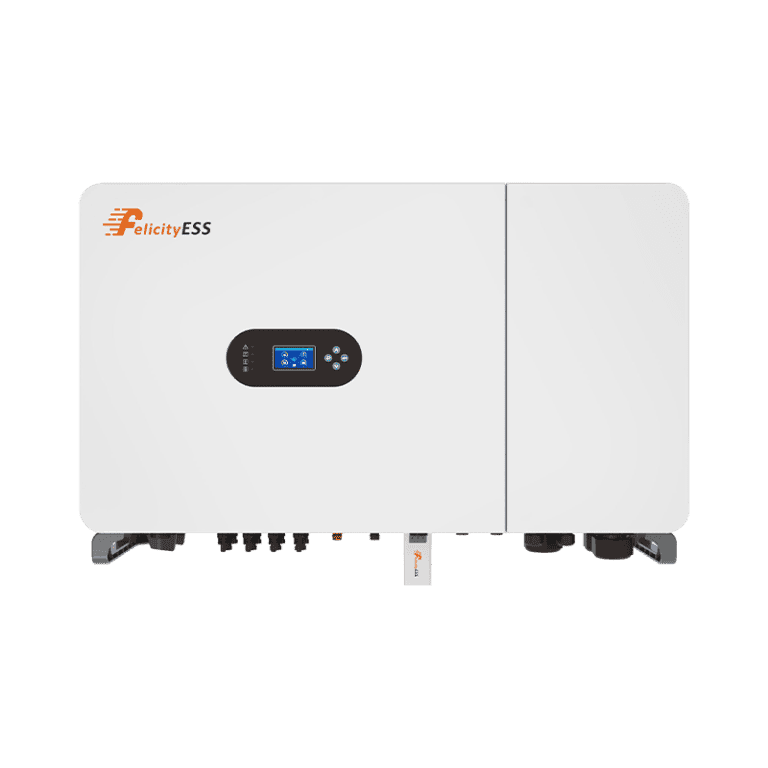A controlador de carga solar Desempeña un papel fundamental en los sistemas de energía solar, asegurando el rendimiento óptimo de los paneles solares y las baterías. Su objetivo principal es regular el voltaje y la corriente que fluye desde los paneles solares a la batería, evitando sobrecargas y descargas profundas, y asegurando un suministro de energía estable. A continuación, exploramos las funciones clave de un controlador de carga, la importancia de este componente en los sistemas solares y cómo beneficia la gestión general de la energía.
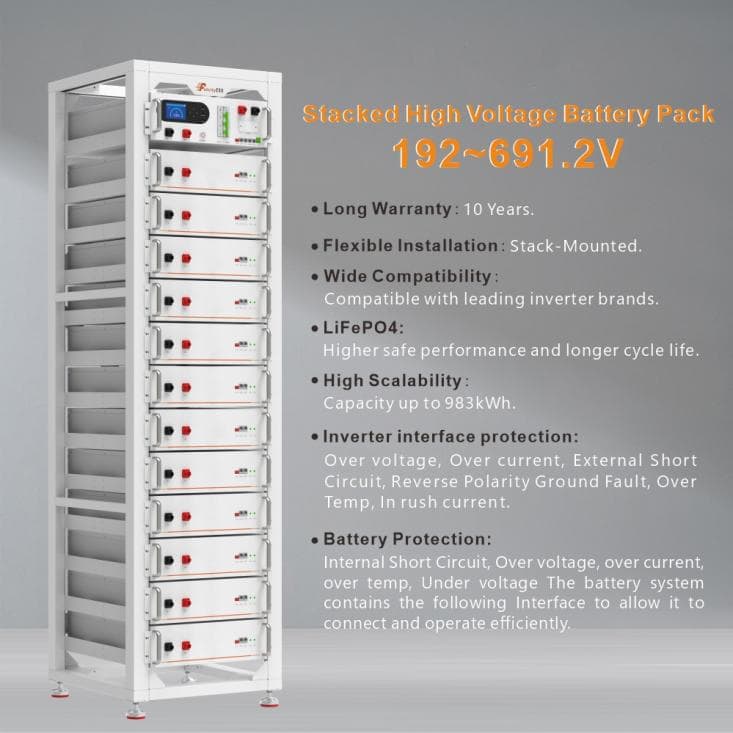
Regulación del flujo de energía
La función principal de un controlador de carga es regular la corriente. Los paneles solares a menudo generan niveles de voltaje más altos que los que las baterías pueden soportar de manera segura. Un controlador de carga interviene para reducir este voltaje, asegurando que la batería se cargue de manera eficiente sin sobrecargarla. Esta regulación previene el riesgo de daños a la batería, prolongando su vida útil y manteniendo la eficiencia general del sistema.
Prevenir la sobrecarga
La sobrecarga es uno de los procesos más perjudiciales para un batería. Si una batería recibe más voltaje que su capacidad, puede sobrecalentarse, causando daños a largo plazo y reduciendo su vida útil. Una función vital de un controlador de carga es evitar la sobrecarga monitoreando continuamente el nivel de carga de la batería y ajustando el voltaje en consecuencia. Los controladores avanzados emplean técnicas como la modulación de ancho de pulso (PWM) o el seguimiento del punto de máxima potencia (MPPT) para optimizar el flujo de energía y evitar la sobrecarga.
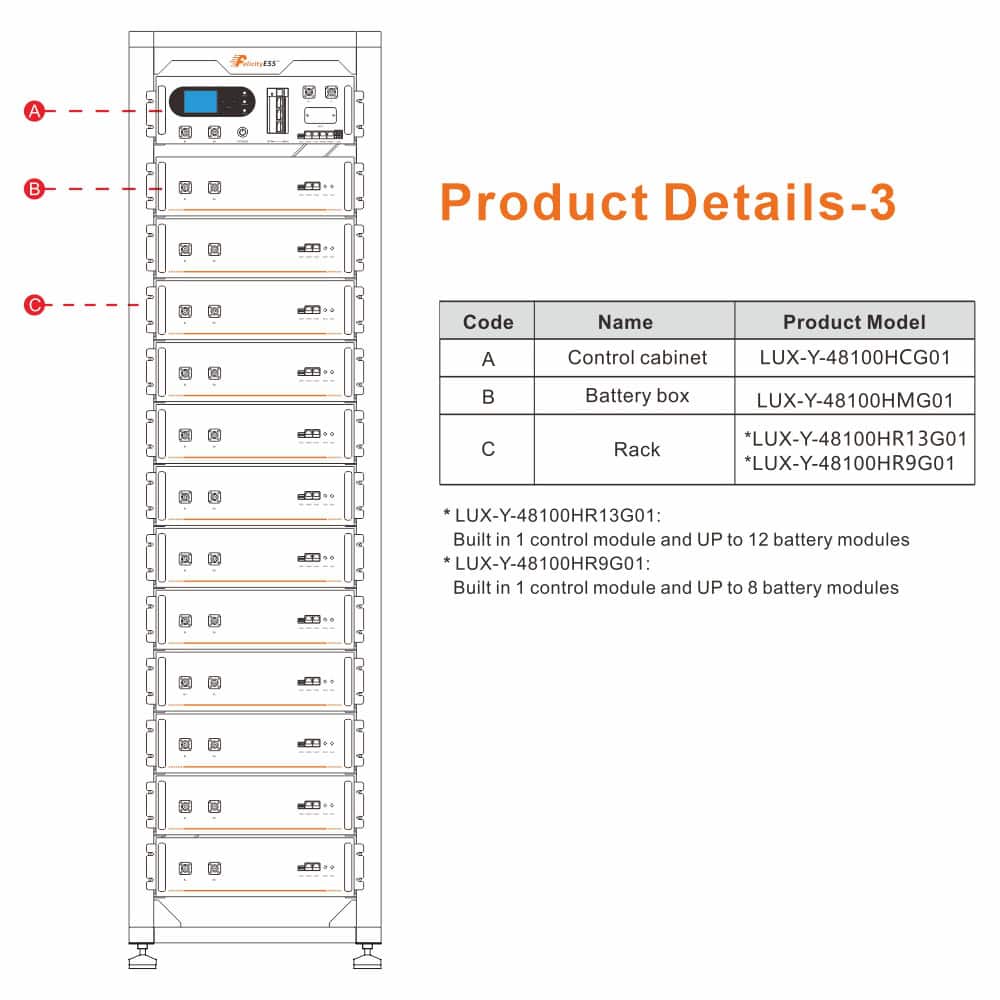
Garantizar el almacenamiento eficiente de energía
Un controlador de carga solar también es responsable del almacenamiento eficiente de energía. Sin un control adecuado, los sistemas solares podrían desperdiciar el exceso de energía generada durante las horas pico de luz solar. Al regular el flujo de electricidad, la función de un controlador de carga garantiza que la energía se almacene de manera eficiente en la batería, lista para su uso durante períodos de poca luz solar o durante la noche. Esto ayuda a que los sistemas de energía solar logren un mejor rendimiento y confiabilidad.
Protección contra descargas profundas
Además de gestionar la entrada, la función de un controlador de carga incluye proteger las baterías de una descarga profunda. La descarga profunda ocurre cuando la energía de una batería se agota por debajo de un umbral crítico, lo que puede degradar significativamente su rendimiento y acortar su vida útil. Los controladores de carga evitan esto desconectando la carga una vez que la batería alcanza un cierto voltaje, asegurando que la batería nunca se agote más allá de niveles seguros.
Compensación de temperatura
Otra función esencial de un controlador de carga es la compensación de temperatura. Las baterías son sensibles a los cambios de temperatura y las condiciones extremas pueden afectar su rendimiento. Los controladores de carga solares modernos están equipados con sensores de temperatura que ajustan los parámetros de carga en función de la temperatura ambiente. Por ejemplo, un controlador de carga puede aumentar el voltaje cuando la temperatura baja para garantizar una carga eficiente en condiciones de frío y reducir el voltaje en climas cálidos para evitar el sobrecalentamiento.
Gestión de carga
Los controladores de carga avanzados vienen con funciones de administración de carga que permiten a los usuarios controlar cuánta energía se dirige a varias cargas. Esta función de un controlador de carga es particularmente útil para optimizar la distribución de energía y garantizar que los dispositivos críticos reciban prioridad sobre los menos esenciales. Ayuda a mejorar la eficiencia general del sistema de energía solar y garantiza que la energía se utilice de forma eficaz.

Protección contra fallas
La última función principal de un controlador de carga es proporcionar protección contra fallas. Los sistemas solares pueden experimentar diversas fallas eléctricas, como cortocircuitos, sobrecargas o polaridad inversa, que pueden provocar daños en el equipo. Un controlador de carga bien diseñado incluye mecanismos de seguridad incorporados para detectar y apagar el sistema en caso de tales fallas, protegiendo tanto los paneles solares como la batería.
En conclusión, ofrecemos controladores de carga muy avanzados diseñados para mejorar el rendimiento y la durabilidad de los sistemas solares. Nuestros productos están diseñados para incorporar las tecnologías más innovadoras, como MPPT y PWM, garantizando la máxima captura de energía y una gestión eficiente de la batería. Además, integramos mecanismos de protección sólidos, incluidos sensores de temperatura, protección contra sobrecarga y descarga profunda, que son cruciales para prolongar la vida útil de la batería y garantizar la seguridad del sistema.
Además, en línea con las nuevas políticas energéticas europeas que enfatizan las soluciones energéticas sostenibles, nuestros controladores de carga están diseñados para cumplir con los estándares internacionales de eficiencia energética. Al elegir nuestros productos, los clientes pueden beneficiarse de un alto rendimiento, un almacenamiento de energía confiable y una seguridad mejorada del sistema.
Para obtener más información sobre nuestra gama de controladores de carga y otras soluciones de energía solar, visita nuestro sitio web.



